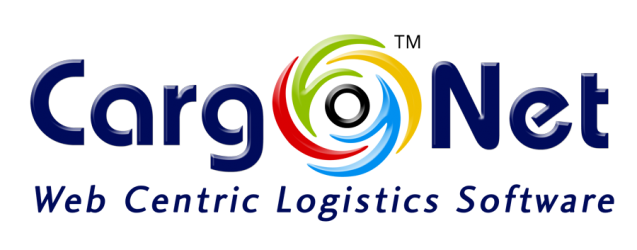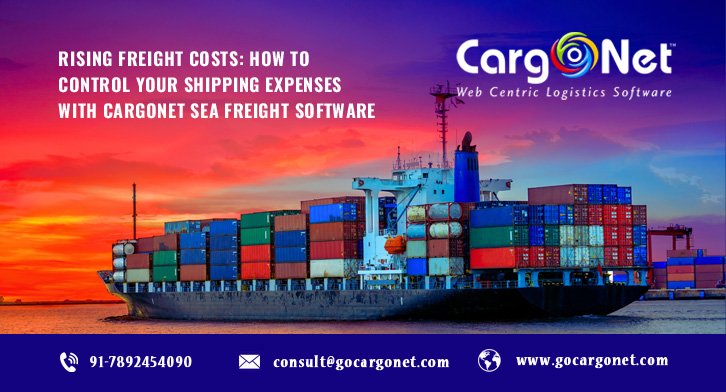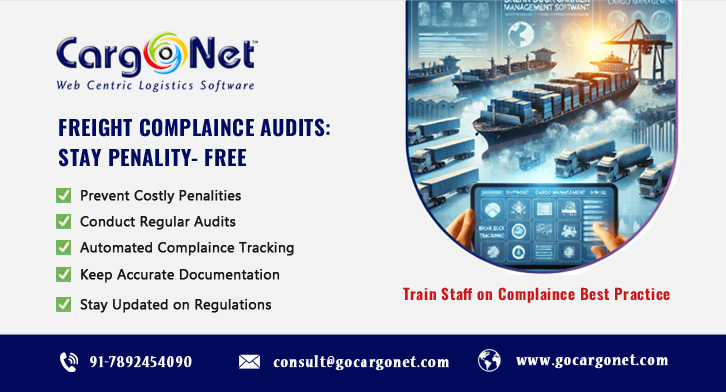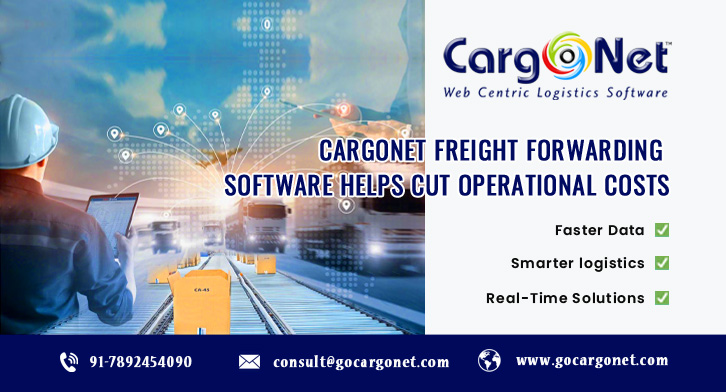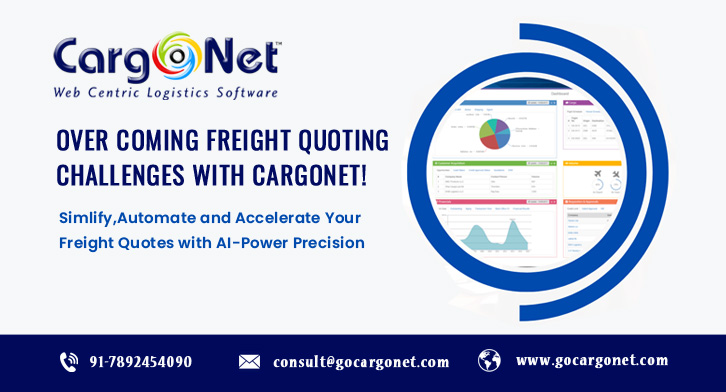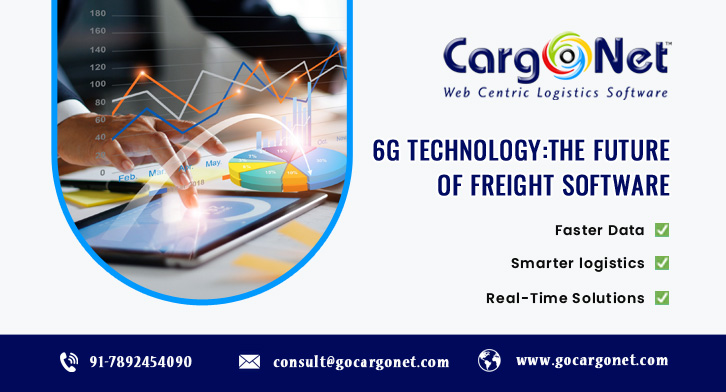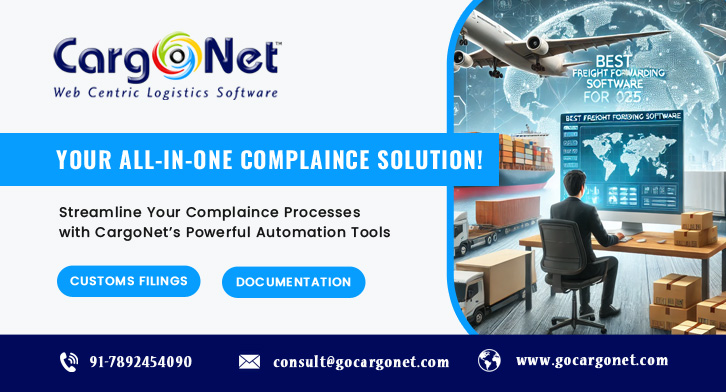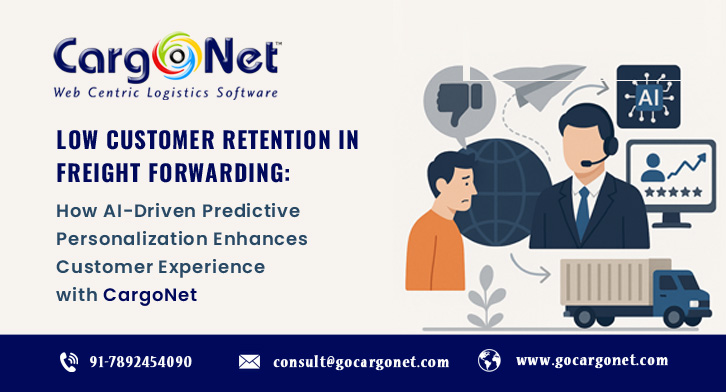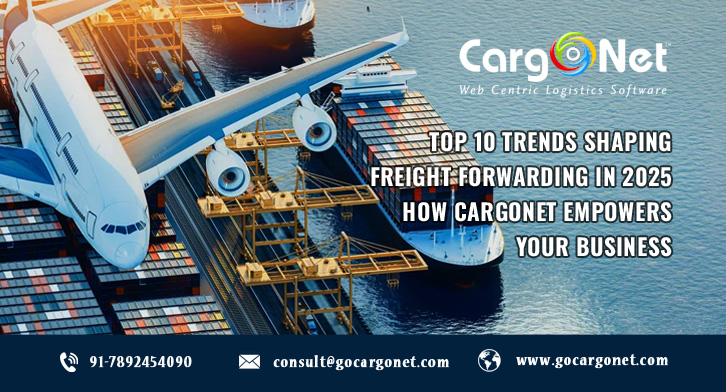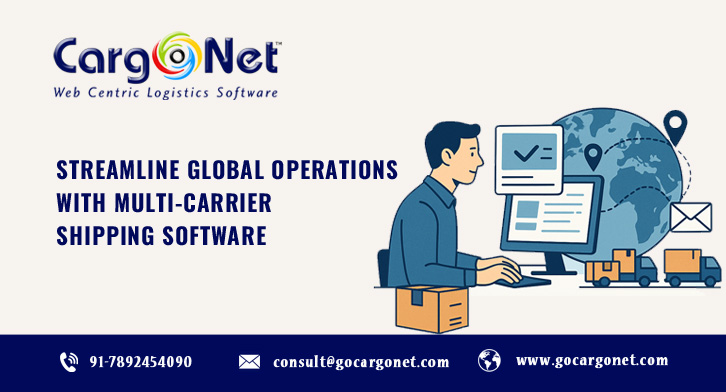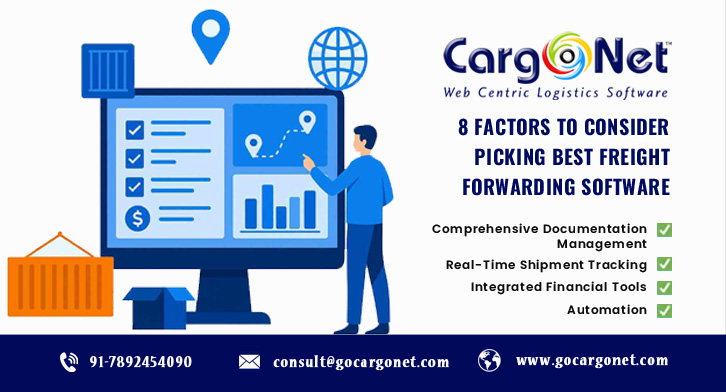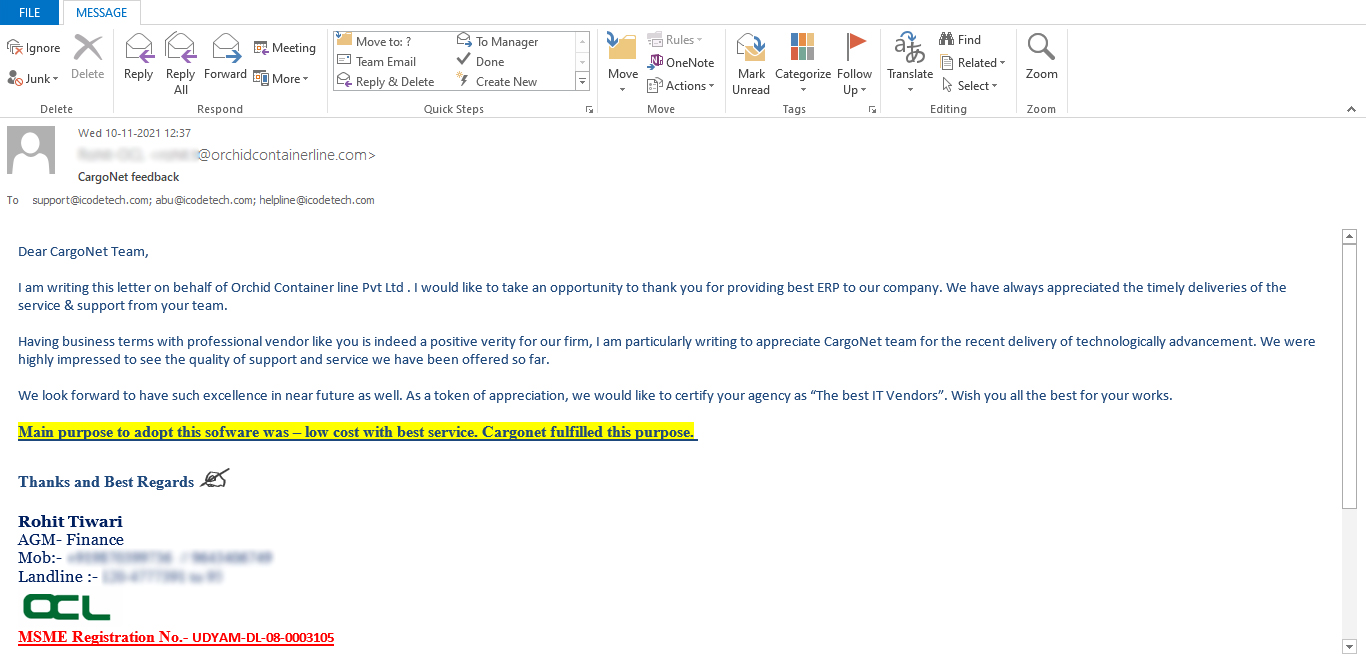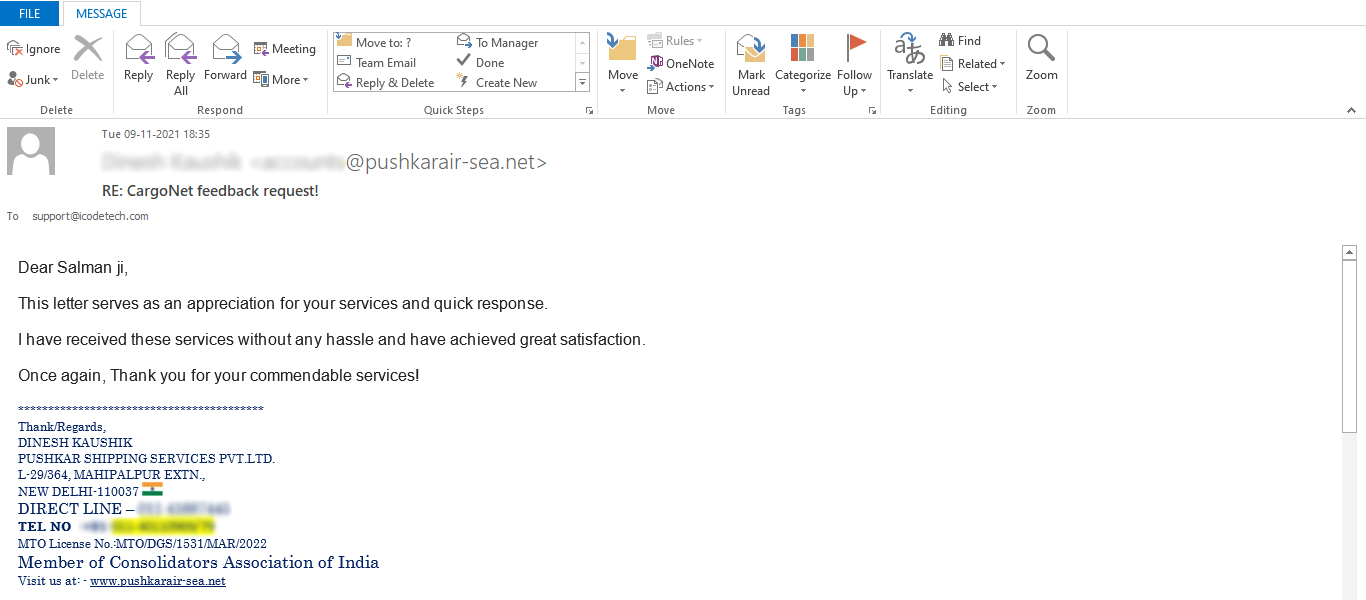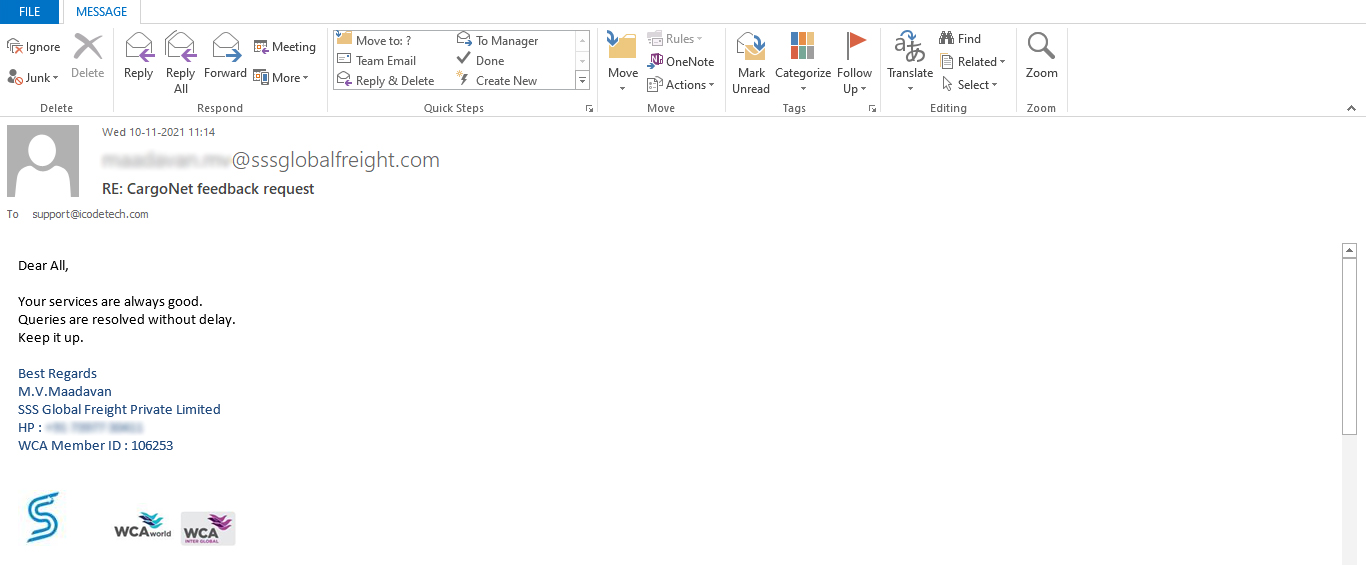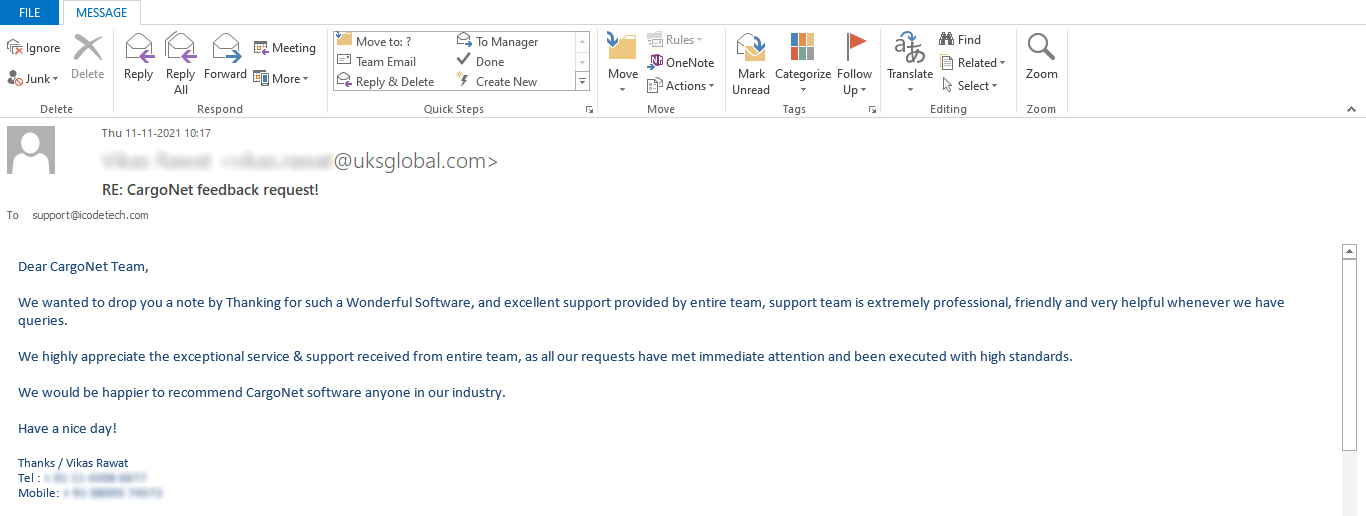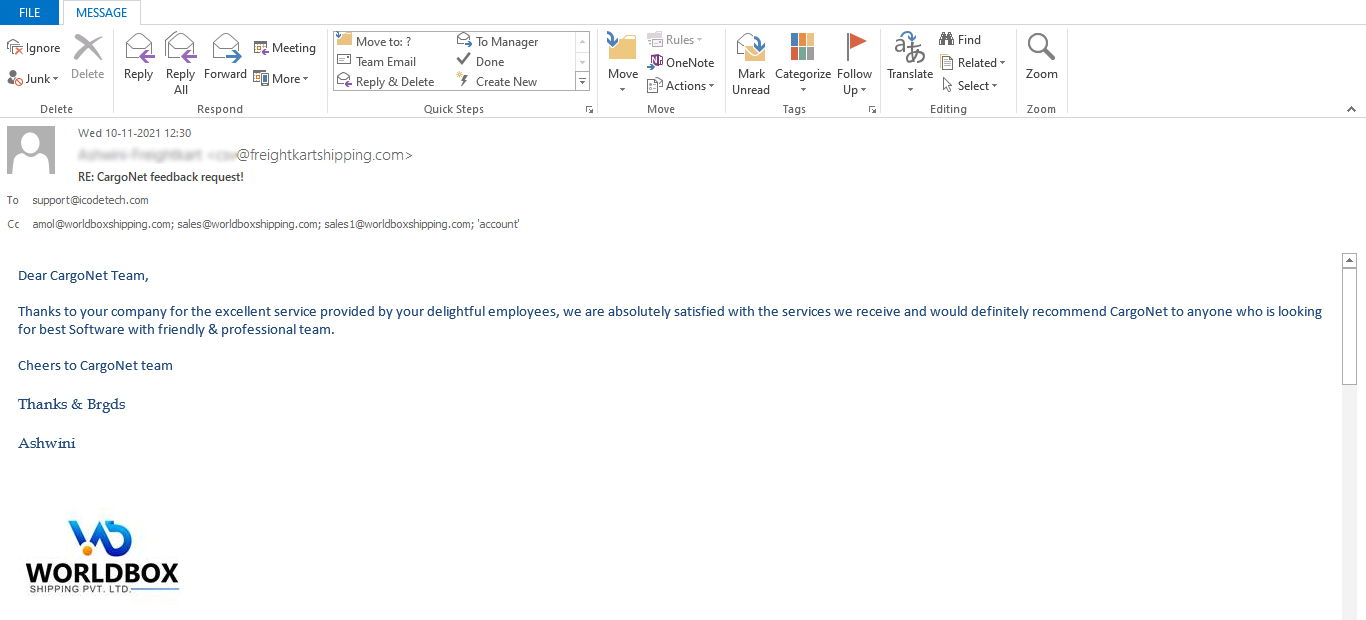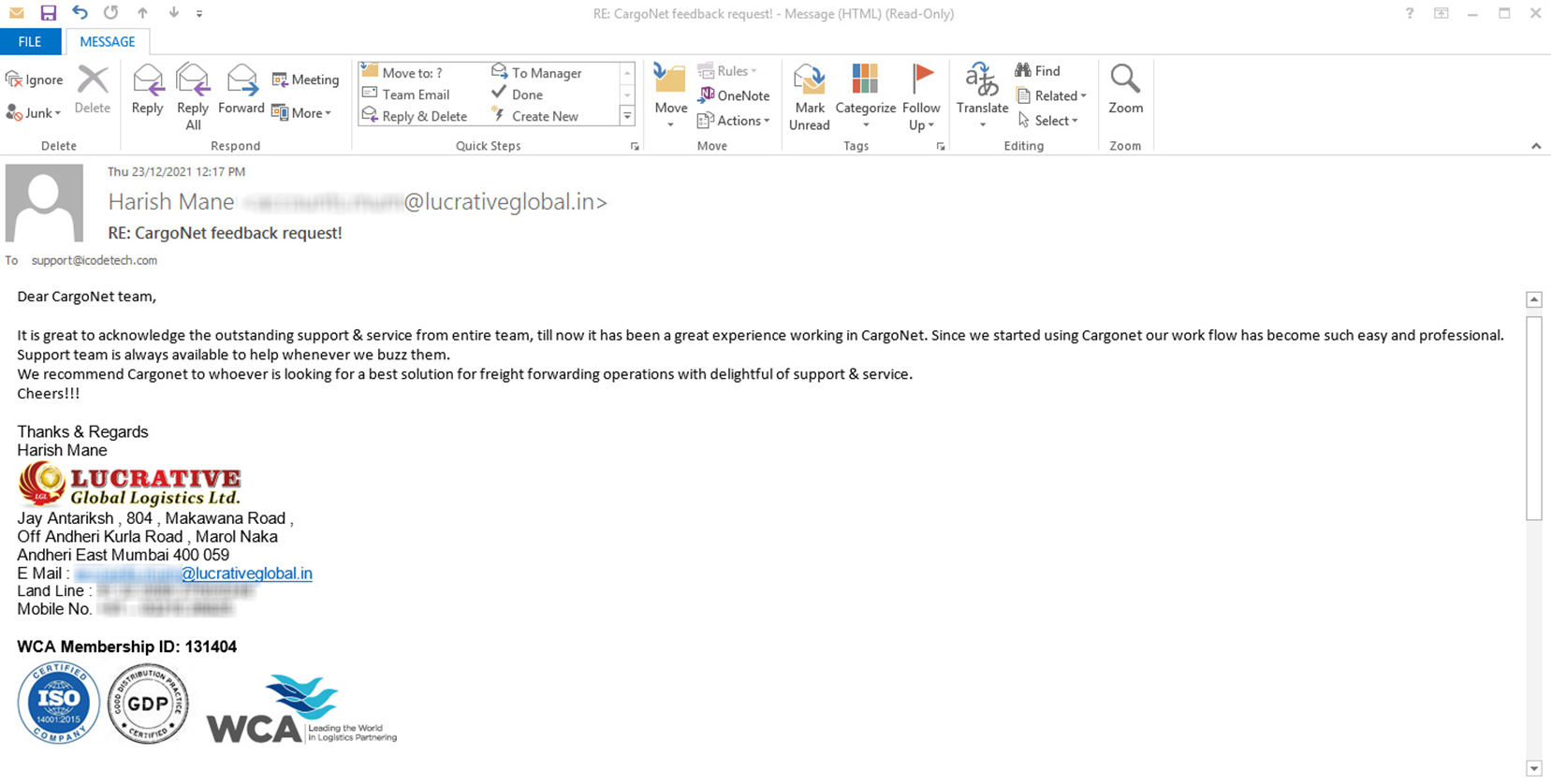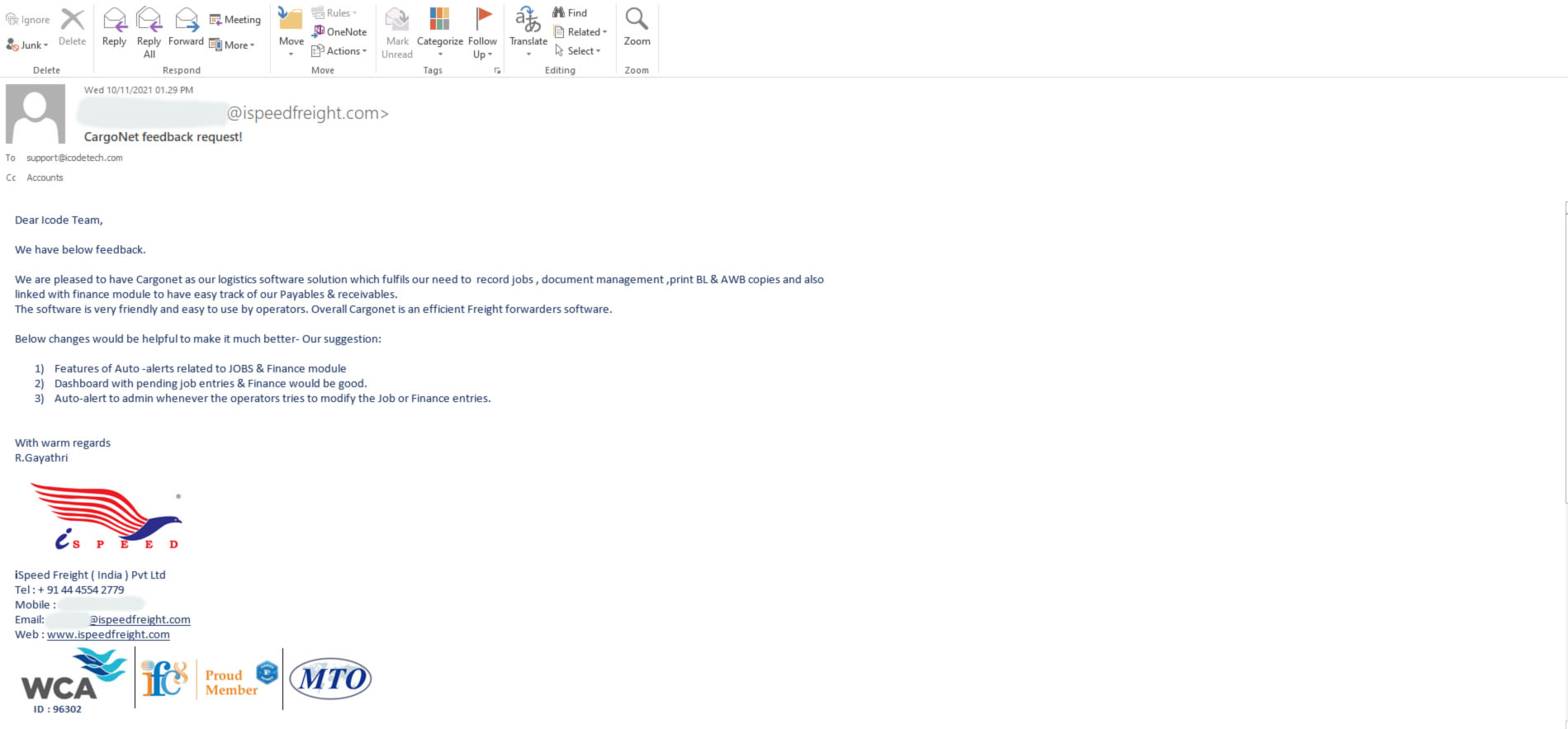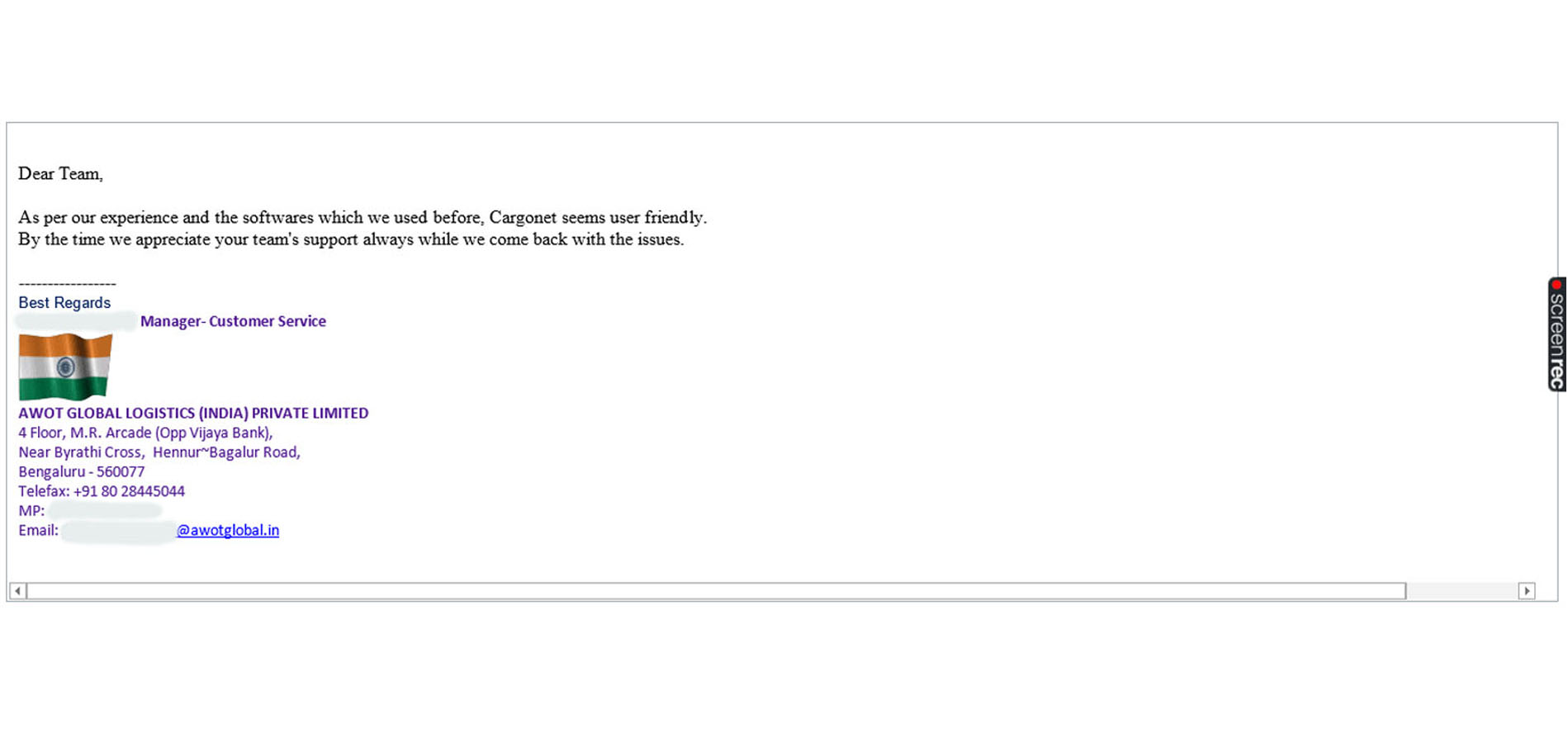Freight costs are rising, and businesses worldwide struggle to control expenses. Factors like fluctuating fuel prices, supply chain disruptions, and carrier pricing strategies make shipping costs unpredictable. Without effective cost management, businesses risk losing profits.
AI-powered sea freight software, like CargoNet, helps businesses reduce shipping expenses through real-time rate predictions, automated cost optimization, and efficient freight management. In this blog, we’ll explore why freight rates fluctuate and how CargoNet’s AI-driven tools can help you save money.
Why Are Freight Costs Increasing?
1. Fluctuating Fuel Prices
- Global oil price changes impact shipping costs.
- Compliance with environmental regulations increases fuel expenses.
2. Demand-Supply Imbalances
- Seasonal peaks and economic changes drive rate spikes.
- Container shortages and vessel space constraints inflate prices.
3. Carrier Pricing Strategies
- Shipping alliances adjust capacity to control market rates.
- Blank sailings reduce availability, making prices volatile.
4. Port Congestion & Supply Chain Disruptions
- Delays lead to higher demurrage and detention fees.
- Global crises and weather-related disruptions further strain logistics.
How CargoNet AI-Powered Sea Freight Software Helps You Save
1. AI-Driven Freight Rate Predictions
- CargoNet analyzes real-time and historical data to forecast rate changes.
- Businesses can book shipments at the optimal time for cost savings.
2. Automated Freight Rate Comparison
- Instantly compare multiple carrier rates for the best pricing.
- Eliminate manual research and secure cost-effective shipping solutions.
3. Smart Route Optimization
- AI suggests alternative routes to bypass congestion and delays
- Reduce transit times and lower fuel costs.
4. Real-Time Market Insights
- Get live updates on fuel prices, port conditions, and carrier schedules.
- Make data-driven decisions to avoid unexpected cost increases.
5. Automated Contract & Rate Management
- AI negotiates and locks in the best rates with carriers.
- Businesses avoid last-minute price surges and optimize long-term contracts.
Benefits of Using CargoNet Sea Freight Software
- Lower Freight Costs – AI-powered insights help secure the best rates.
- Save Time & Effort – Automated rate comparisons reduce manual workload.
- Maximize Profitability – Cost optimization leads to higher savings.
- Proactive Decision-Making – Real-time market data keeps businesses ahead.
Conclusion
Freight cost fluctuations can disrupt business operations, but CargoNet AI-powered sea freight software helps manage and reduce shipping expenses. With AI-driven rate predictions, automated cost optimization, and smart routing, businesses can gain better control over freight costs and improve efficiency.
Start Saving on Shipping Costs Today!
Take control of your freight expenses with CargoNet AI-powered sea freight software.

